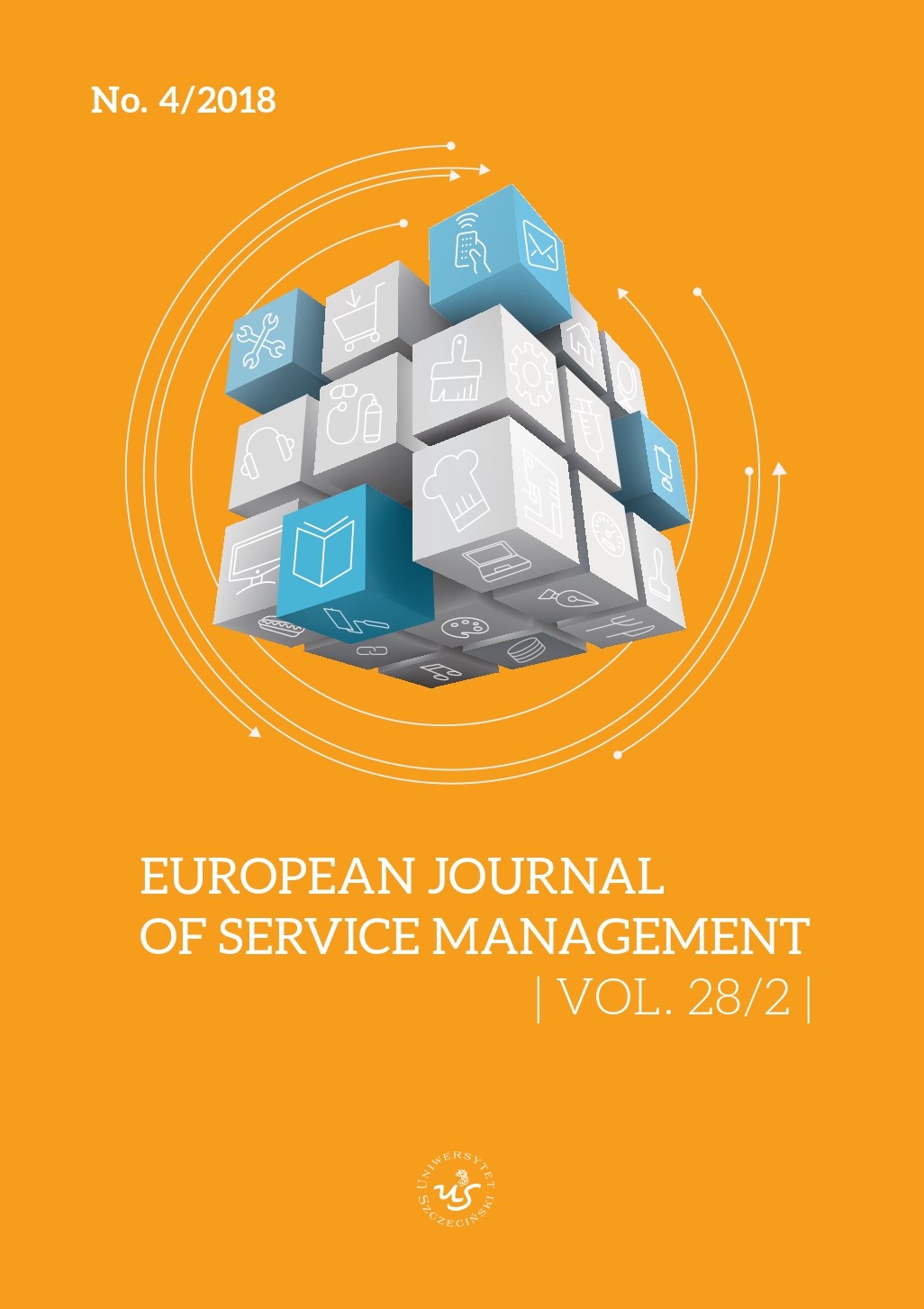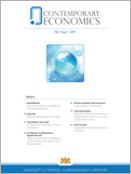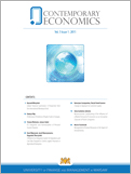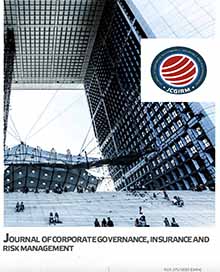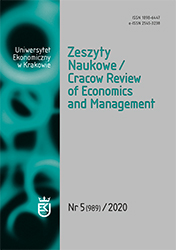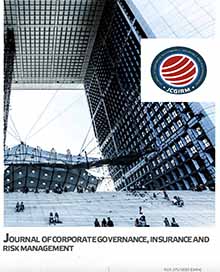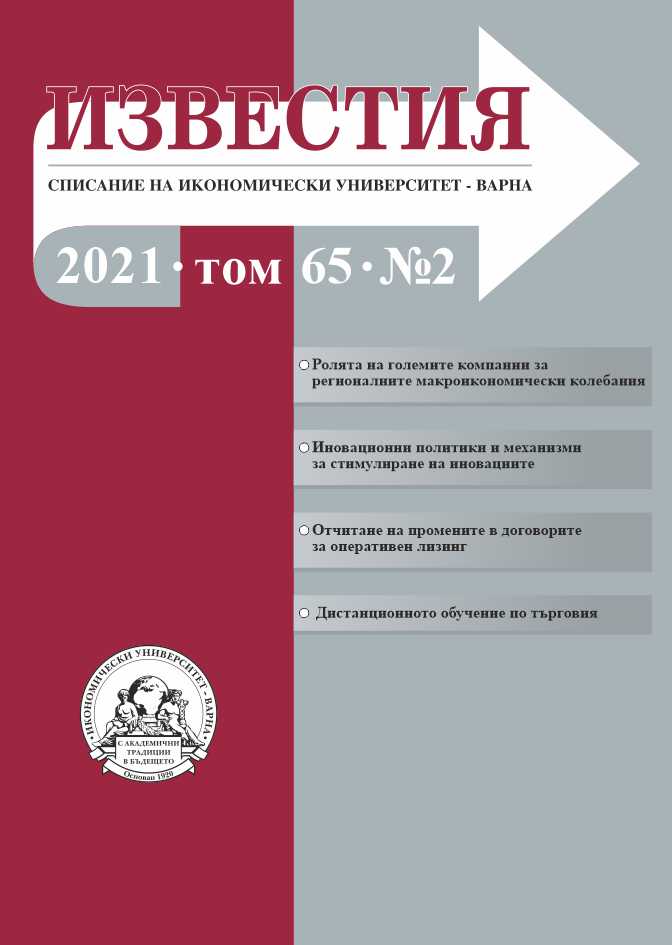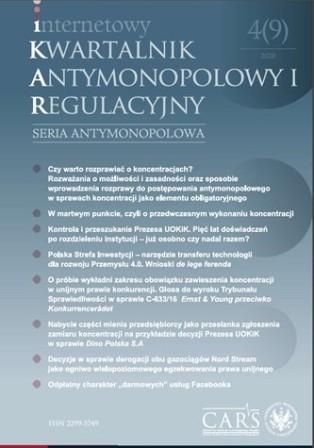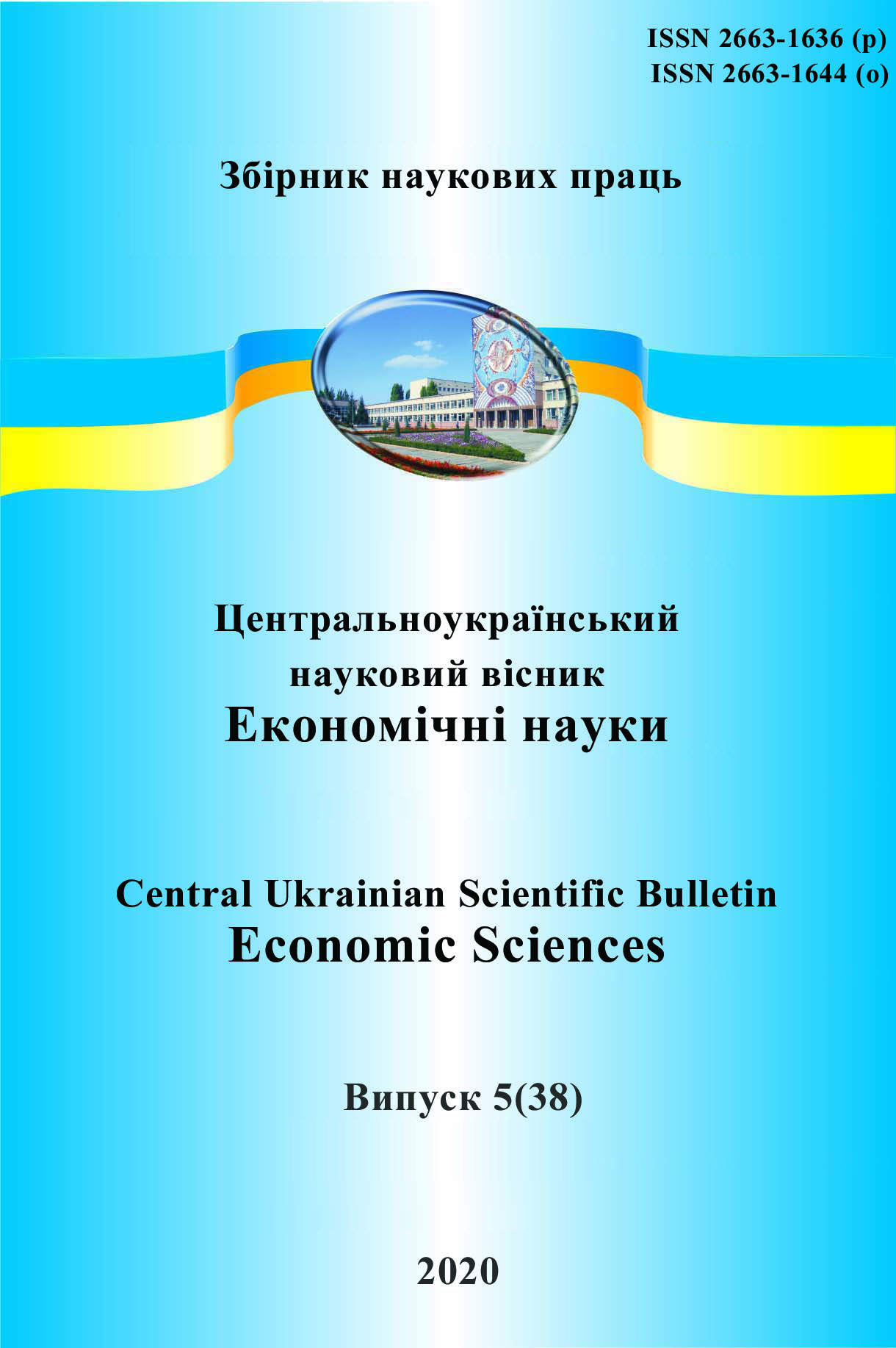
Сучасні тренди розвитку вищої освіти у глобалізованому світовому освітньому просторі
The paper is devoted to the study of current trends in the functioning and development of higher education in the context of globalization and digitalization. A comparative analysis of the positions of Ukraine and other countries in the development of higher education according to the Global Innovation Index, as well as the level of quality of training of educational institutions graduates according to the Global Competitiveness Index. The dynamics of training of applicants in higher education institutions of Ukraine is studied and the rating of the regions of Ukraine by the number of persons receiving higher education is given. The main components of improving the functioning of the higher education system of Ukraine are described, including financial support, quality of training of applicants, information support in the conditions of digitalization, etc. The ways to intensify the development of domestic higher education institutions are substantiated. In the sphere of financing, it is advisable to study and implement the best world experience in the field of diversification of funding sources, optimal use of financial resources, the introduction of transparent procedures for evaluating the performance of higher education institutions. Emphasis is placed on the need to improve the quality, accessibility and practical orientation of educational services, promote the development of information culture and skills of using of modern information and communication technologies. It is important to intensify the participation of domestic higher education institutions in international projects, grants and programs, as well as to develop cooperation between key stakeholders in improving the quality of higher education. It is necessary to form on the basis of higher education institutions powerful research centers capable to provide expert, informational and analytical services to customers.
More...
